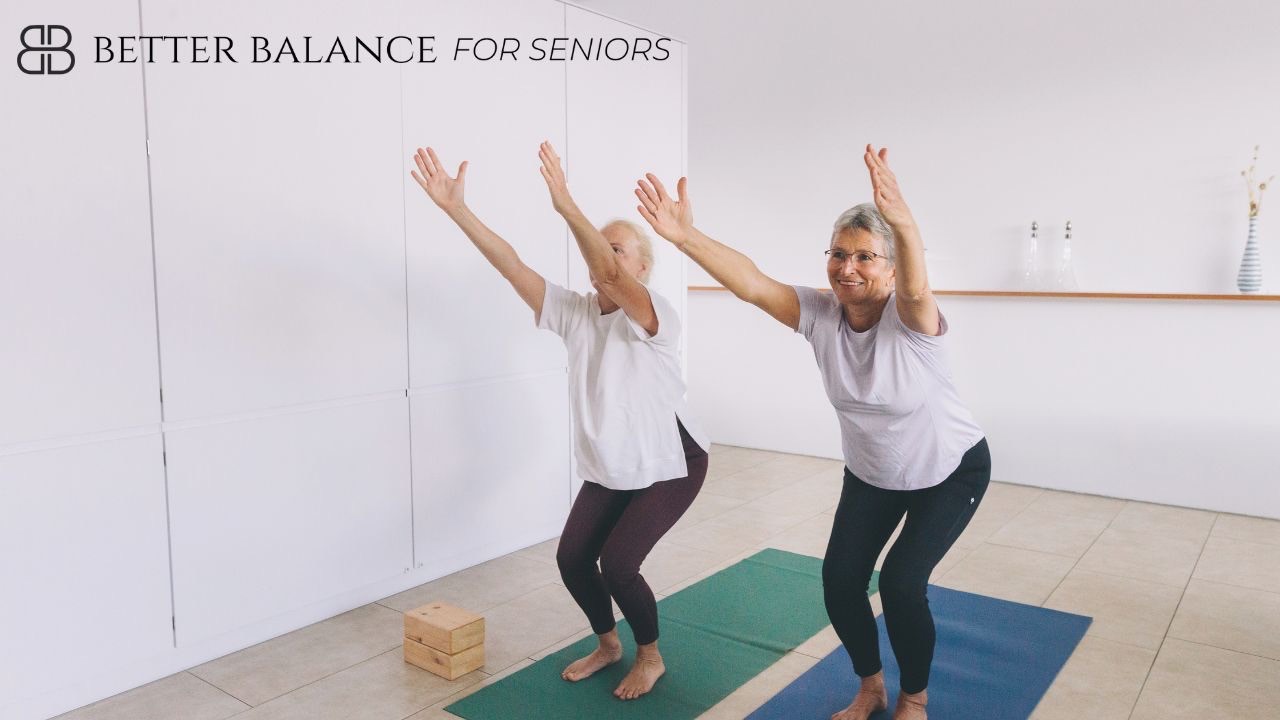Understanding Balance: How Aging Affects Stability and How to Fight Back
Nov 07, 2024
Balance may seem like something we take for granted in our younger years, but as we age, maintaining balance becomes more of a challenge. For seniors, the gradual decline in balance and coordination is one of the key reasons why falls are so common. But what exactly happens to our bodies as we age that causes this loss of stability—and more importantly, what can we do about it?
The Science of Balance and Aging
Balance is a complex function that involves multiple systems in your body working together. The main systems that control balance are:
- The Vestibular System (inner ear): This system helps detect head movement and orientation. It sends signals to your brain to help you stay balanced. As we age, the cells in the inner ear begin to deteriorate, which can lead to dizziness and balance problems.
- The Musculoskeletal System: Strong muscles and flexible joints are key to maintaining balance. Aging leads to a natural decline in muscle mass (sarcopenia) and joint stiffness, both of which reduce stability.
- The Visual System: Your eyes play an important role in balance by helping you gauge your surroundings. Age-related vision problems, like cataracts or macular degeneration, can limit your ability to see obstacles and maintain steady footing.
- Proprioception (body awareness): This is your sense of where your body is in space, and it relies on nerves in your muscles and joints. Aging can impair proprioception, making it harder to judge your movements accurately.
With these systems all gradually declining, it’s no surprise that seniors are more likely to experience balance problems. But the good news is that research shows balance can be improved—even later in life—with targeted exercises and training.
The Role of Strength and Flexibility
Muscle weakness is one of the biggest contributors to falls among seniors. In fact, studies show that seniors with weak leg muscles are up to 2.5 times more likely to fall than those with stronger muscles. Leg strength is particularly important for getting up from a seated position, walking, and recovering quickly from a loss of balance.
Flexibility is also key. As joints become stiffer with age, it becomes harder to move freely. Lack of flexibility can make it more difficult to catch yourself if you stumble, leading to a higher risk of falling.
The decline in muscle mass and flexibility can start as early as your 40s, but it accelerates after the age of 60. However, strength training and stretching exercises have been shown to dramatically improve muscle strength, flexibility, and overall balance.
Research-Backed Benefits of Balance Exercises
Balance exercises are scientifically proven to reduce fall risk in seniors. One study published in the Journal of the American Geriatrics Society found that seniors who participated in regular balance training reduced their risk of falling by 37%. Another study published in BMJ Open concluded that balance exercises not only reduce fall risk but also improve seniors’ confidence in their ability to move safely.
Some of the most effective exercises for improving balance include:
- Tai Chi: This ancient practice has been shown to improve both balance and strength. A study published in the New England Journal of Medicine found that seniors who practiced Tai Chi were less likely to fall than those who didn’t.
- Strength Training: Exercises like leg presses, squats, and lunges strengthen the muscles needed for balance.
- Core Exercises: Your core muscles (abs, back, and hips) play a key role in stabilizing your body. Strengthening your core can improve your balance and reduce your fall risk.
What You Can Do to Fight Back
While aging is inevitable, the loss of balance doesn’t have to be. By engaging in regular balance exercises, strength training, and flexibility routines, you can significantly improve your stability.
Our Fall Prevention Program is designed to help seniors regain their balance and confidence through tailored workouts that fit your abilities. We’ve helped hundreds of seniors improve their strength, coordination, and mobility through scientifically-backed methods.
Not sure how stable you are? Start by taking our free online fall risk quiz. This quick assessment will give you valuable insights into your current balance and risk of falling. It’s never too late to start improving your balance and taking charge of your health.
Are You Fall-Proof?
Take This 2-minute FREE Quiz to Find Out!
With a few quick questions, we’ll help you assess your risk and give you tailored strategies to stay on your feet, boost your confidence, and keep living life on your terms.
Stay connected with news and updates!
Join our mailing list to receive the latest blog posts, news and updates from our Better Balance team.
Don't worry, your information will not be shared.
We hate SPAM. We will never sell your information, for any reason.

